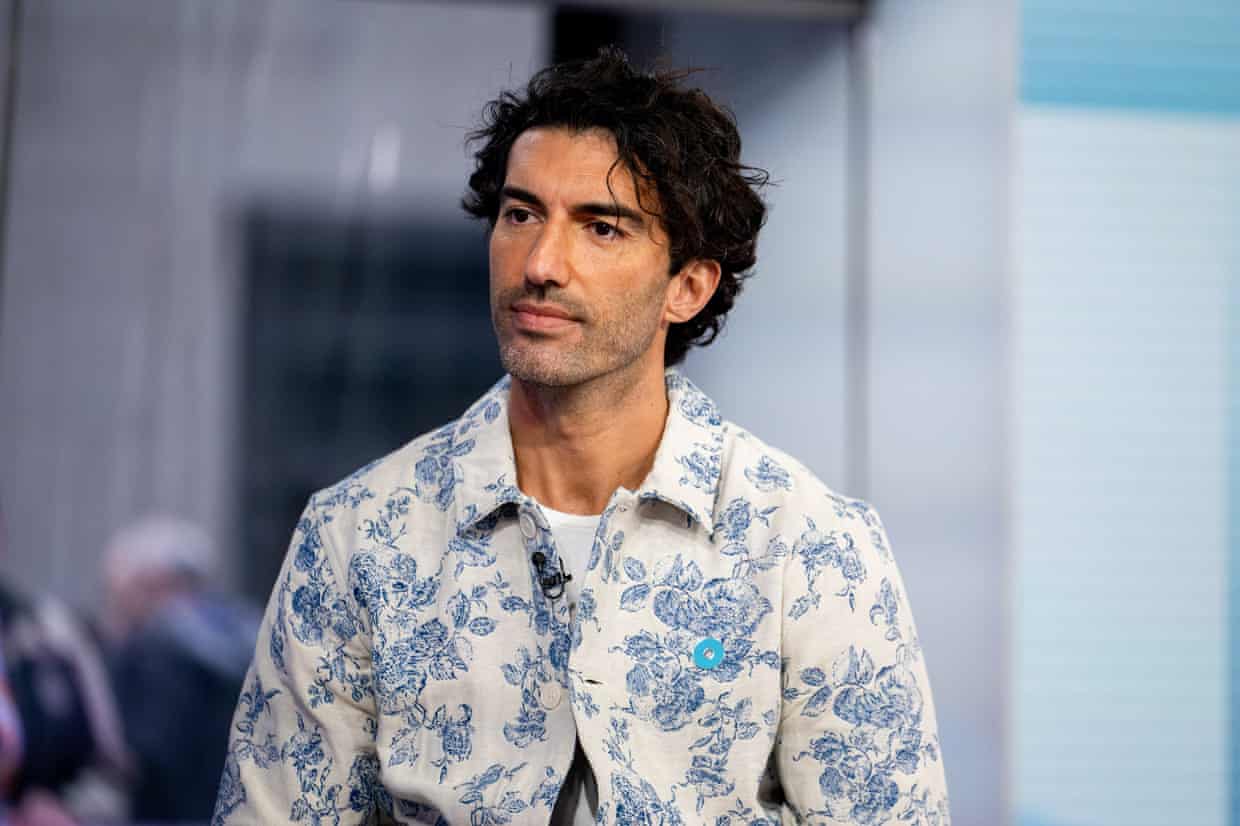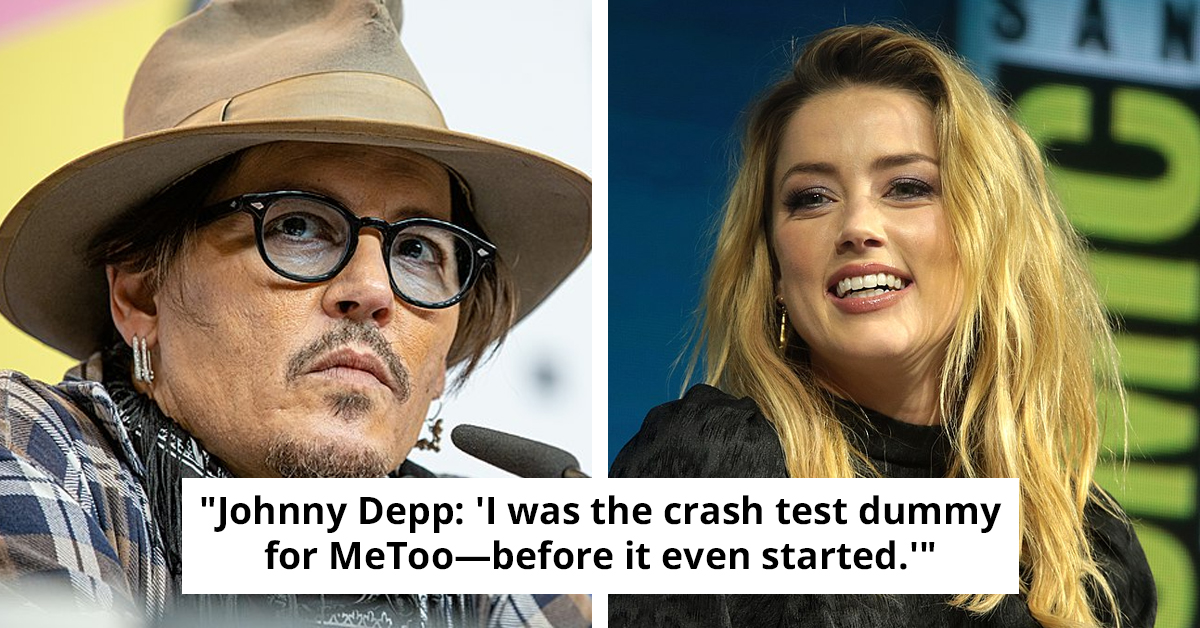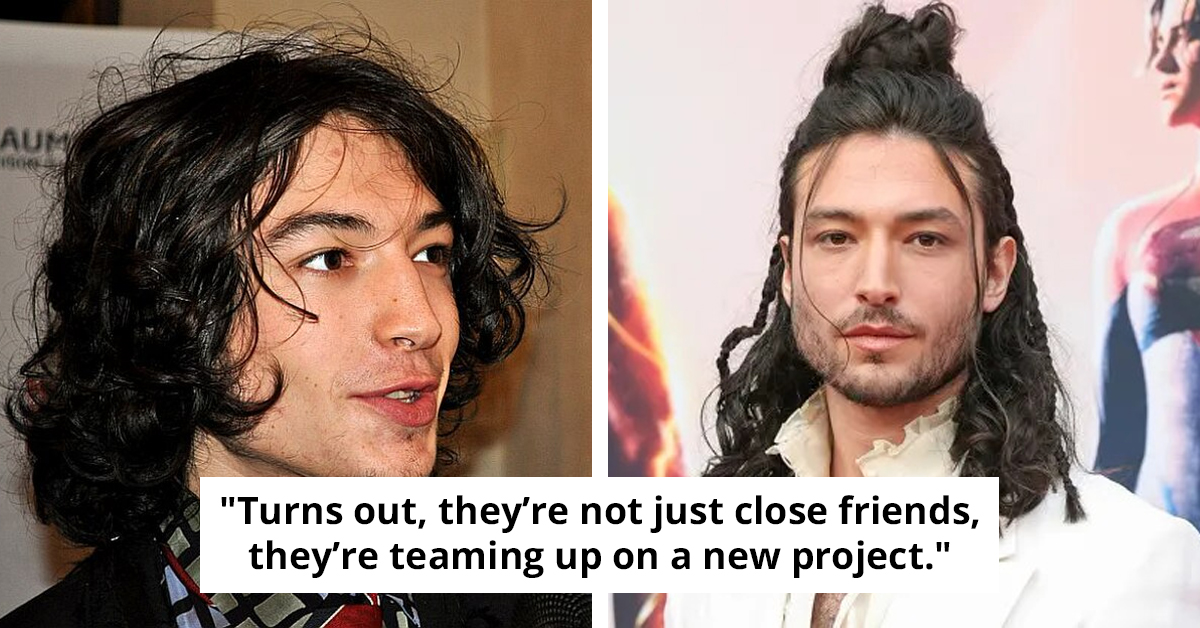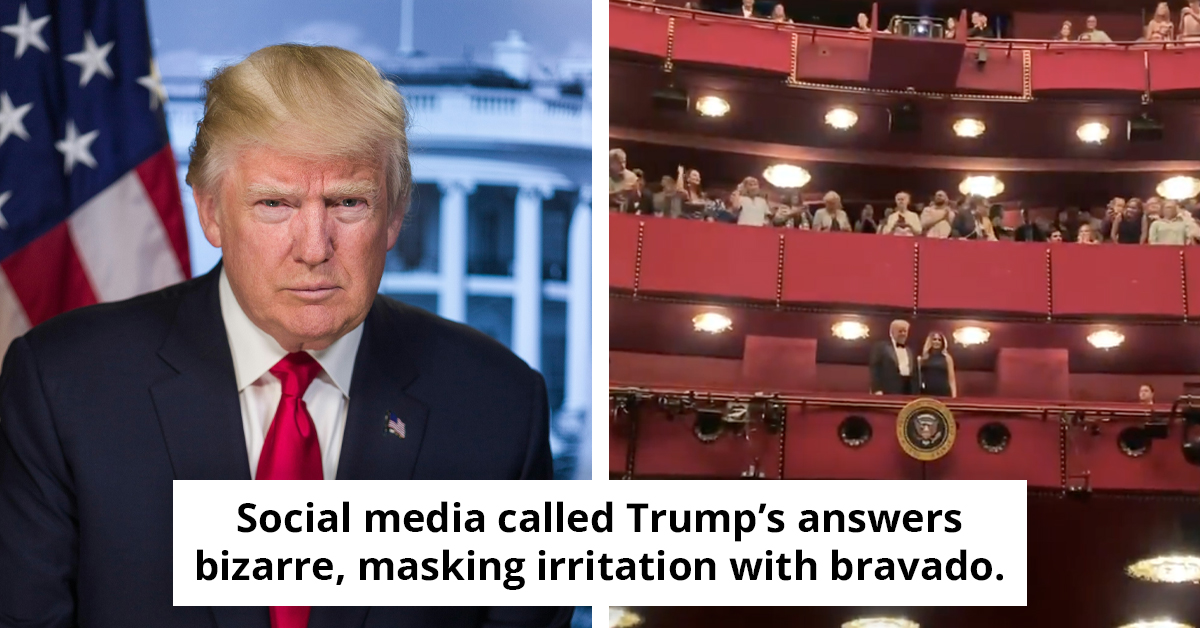Justin Baldoni Loses $400M Defamation Case Against Lively and Reynolds
When public accusations turn into court battles, things tend to get messy fast, especially when A-list names and big money are involved. That’s exactly what happened in the legal standoff between Justin Baldoni, Blake Lively, and Ryan Reynolds. But now, at least for the moment, a federal judge has hit the brakes on Baldoni’s $400 million defamation case.
U.S. District Judge Lewis Liman dismissed Baldoni’s massive lawsuit against Lively and Reynolds, concluding that the sexual harassment claims Lively made against Baldoni are protected under law. In other words, she can’t be sued for making them.
Baldoni, best known for his work on Jane the Virgin and more recently for directing It Ends With Us, accused Lively and Reynolds of launching a coordinated effort to destroy his career through false accusations. He also included the New York Times and Reynolds' and Lively’s longtime publicist, Leslie Sloane, in his legal filings.
He claimed they all took part in spreading lies, damaging his reputation, and interfering with his business deals. But the judge wasn’t convinced.
The decision wipes out Baldoni’s entire case, at least for now, including his separate $250 million defamation claim against the New York Times. Liman ruled that the Times' reporting was covered by what's known as “fair report” privilege, which protects media outlets when they publish news based on official sources, legal filings, or government proceedings.
Baldoni sued over harassment claims from It Ends With Us, but the judge found no proof that the accusations were knowingly false.
Baldoni's lawsuit centered around events that took place during the production of It Ends With Us. Lively starred in the film, while Baldoni both directed and acted in it. According to Lively and Reynolds, Baldoni sexually harassed Lively during filming.
They also accused him of retaliating after she raised concerns about the working environment on set. Baldoni, in turn, accused them of fabricating the entire story and running a smear campaign to ruin him.
Judge Liman acknowledged that Baldoni’s production company, Wayfarer Studios, had alleged that Reynolds and Sloane made further damaging statements beyond Lively’s original claims. But he pointed out a key legal flaw: Baldoni hadn’t shown that any of the people involved, Reynolds, Sloane, or the New York Times, had any reason to seriously doubt the truth of what they were saying.

Lively’s lawyers called the dismissal a total win and plan to seek damages.
In defamation cases, especially ones involving public figures, that’s a crucial legal requirement. Without evidence that the statements were knowingly false or made with reckless disregard for the truth, a defamation claim simply doesn’t stand.
Following the ruling, Lively’s legal team didn’t hold back. Attorneys Esra Hudson and Mike Gottlieb called the decision a “total victory” for Lively and everyone else named in the lawsuit.
“This [$400m] lawsuit was a sham, and the court saw right through it,” their statement read.
They added that they’re now turning their attention to the next legal step: pursuing attorneys’ fees, treble damages, and punitive damages against Baldoni and his company for what they claim was an abusive and retaliatory lawsuit.

Baldoni’s team hasn’t issued a public comment yet. However, rulings from this court can be appealed, so the legal battle might not be over just yet.
For now, though, Lively, Reynolds, and the others named in the lawsuit are off the hook. As the dust settles, it’s clear the court didn’t see enough evidence to back up Baldoni’s sweeping claims.
Whether he decides to amend and refile parts of the case, especially those related to alleged interference with business contracts, remains to be seen. But if he does, he’ll need a much stronger argument to get it through the courtroom doors.




